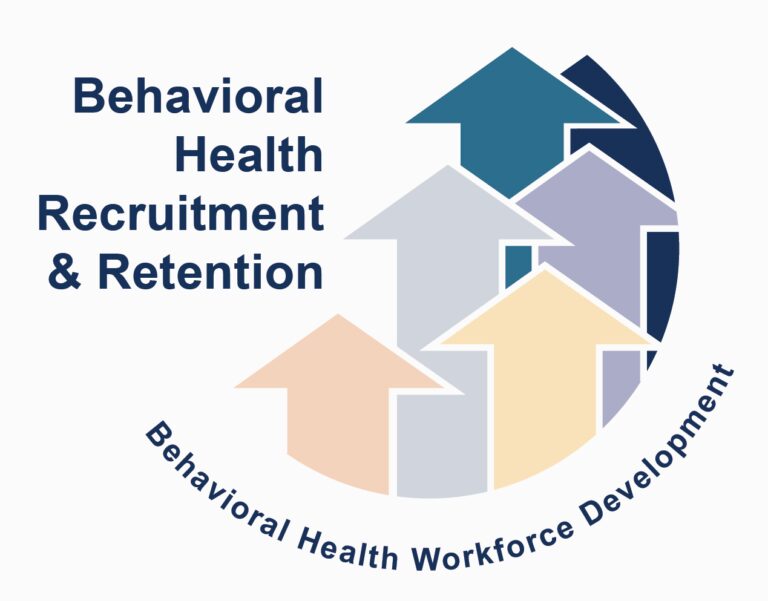Behavioral Health Recruitment and Retention (BHRR)
The BHRR project provides an opportunity for nonprofit, tribal, and county-operated behavioral health (BH) providers to plan, develop, and implement comprehensive strategies to recruit, onboard, engage, and retain staff and create and establish inclusive workplace cultures. Organizations receive training and technical assistance to identify areas of need and related evidence-based strategies and approaches to create a sustainable BH workforce.
The four goals of the BHRR program are to:
- Improve BH organizations’ knowledge and implementation of best practices in BH workforce development and change management.
- Strengthen BH organizations’ capacity to effectively recruit and retain skilled staff through the identification and deployment of specific strategies in their organization.
- Increase the diversity of the BH workforce through an array of strategies to reflect the individuals in need of service better.
- Increase BH organizations’ sustainability and their ability to respond to changing environments by supporting their development of and adherence to longer-term strategic plans.
The BHRR project runs from July 1, 2023, to January 31, 2025, and supports 81 grantees in 24 counties throughout every region of California.
The map below shows the distribution of grantees by county.
Award Details are available
The Department of Health Care Services (DHCS) is expanding California’s BH workforce to improve access, engagement, and productive participation in BH services for individuals and communities throughout the state. The Behavioral Health Workforce Development (BHWD) initiative aims to diversify and enhance the BH workforce across geography, race, ethnicity, language, culture, sexual orientation, gender identity, and other provider characteristics to improve access to BH services by ensuring that communities find themselves represented in their care providers.


